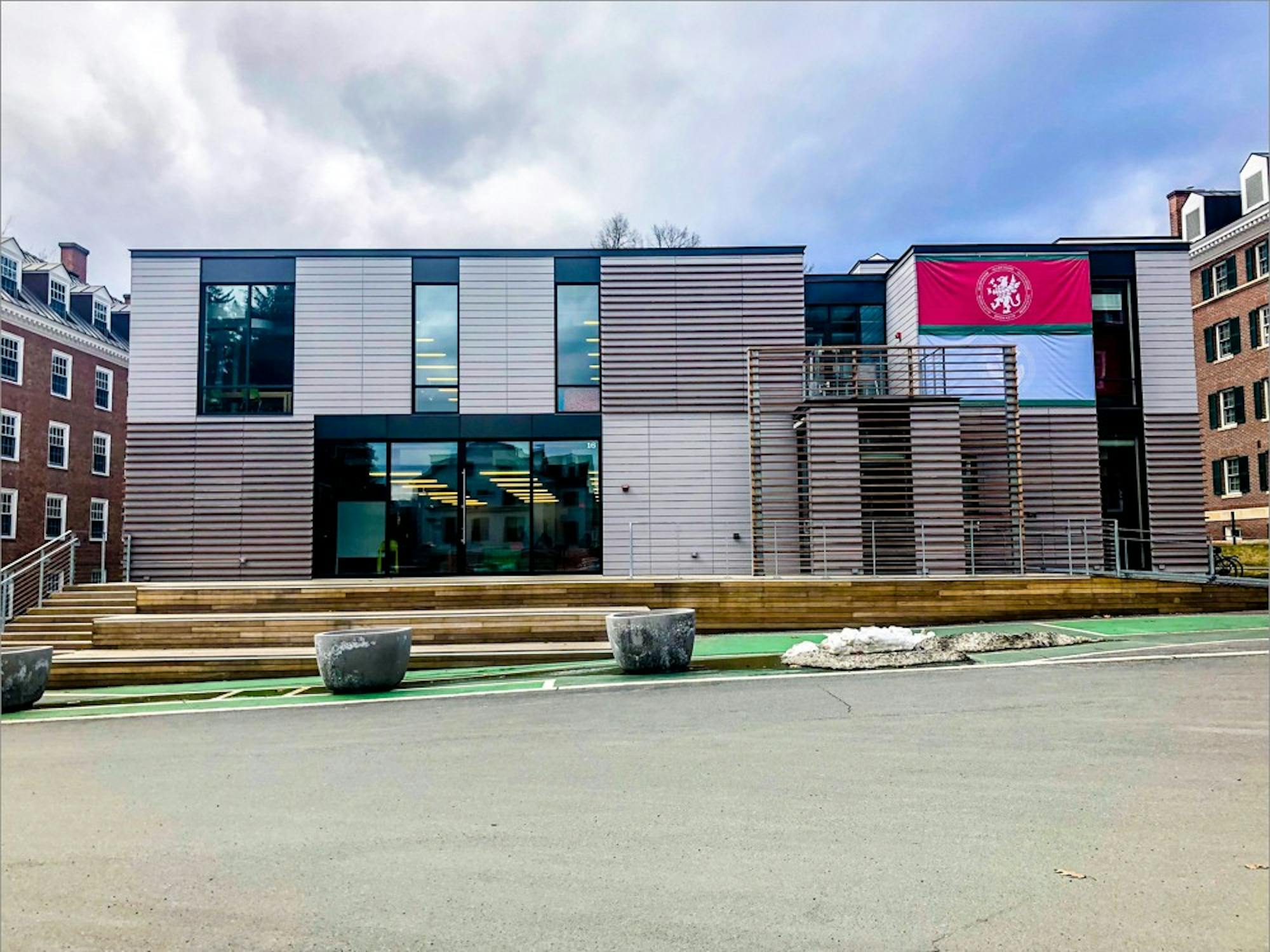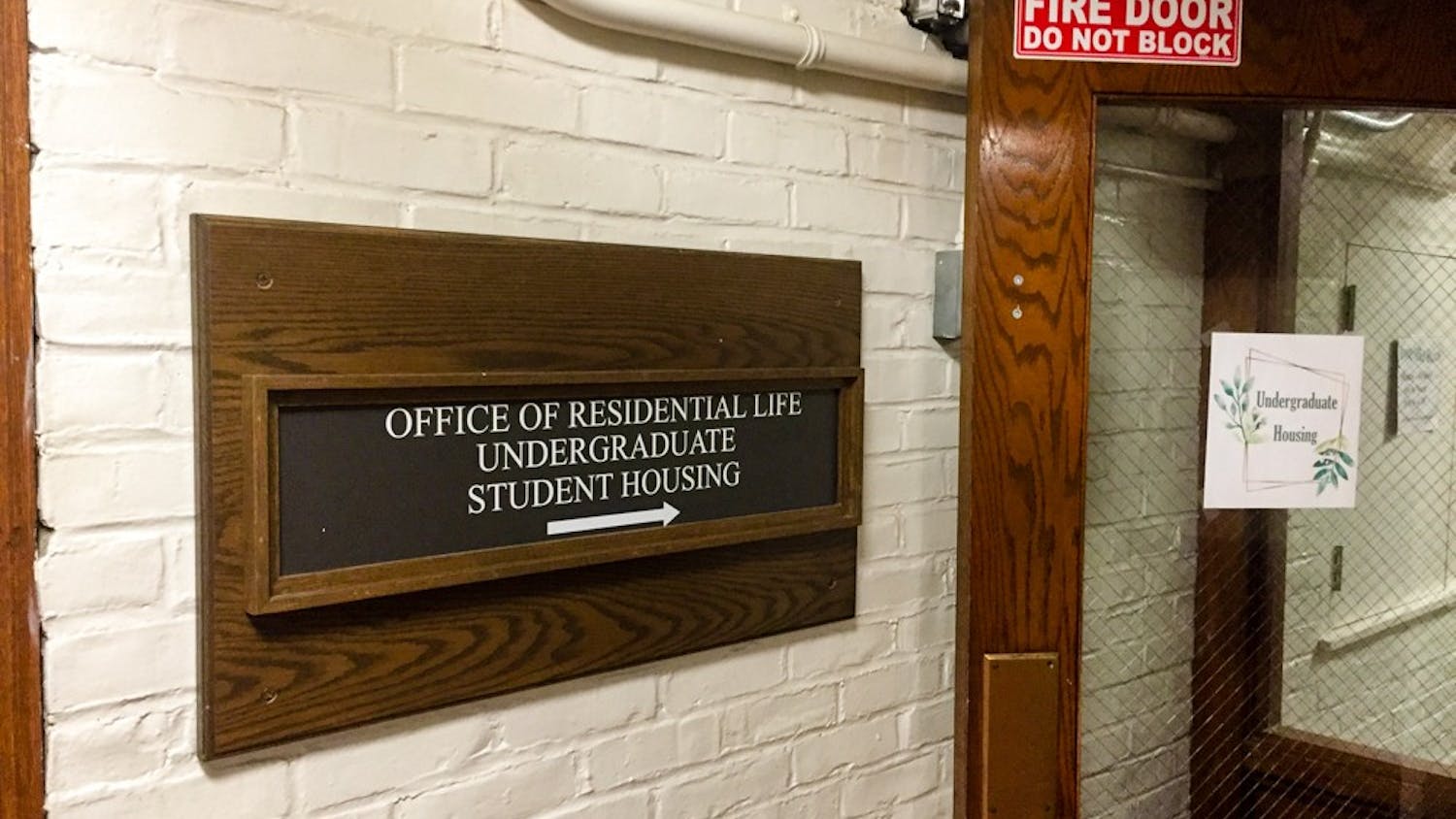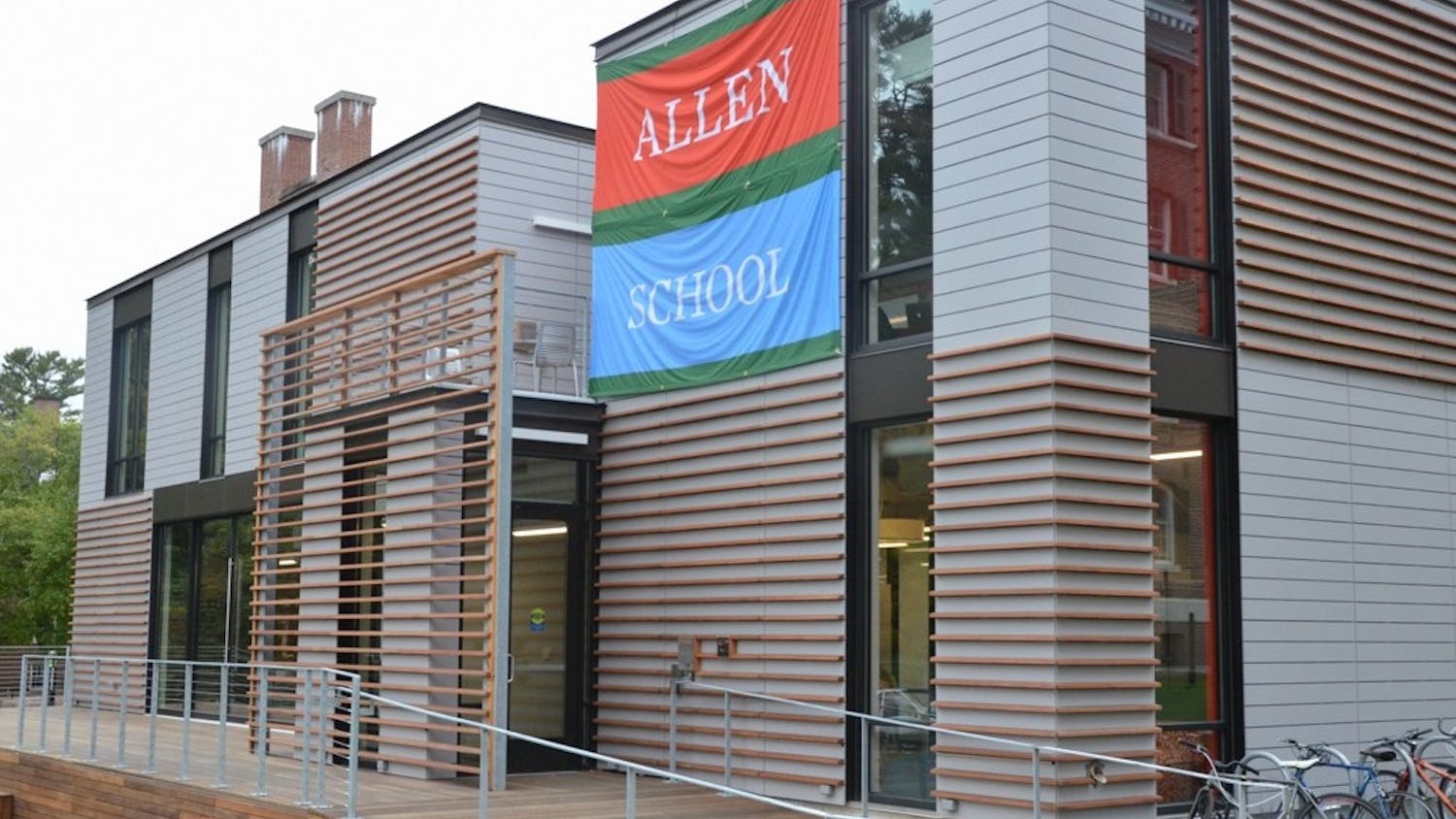The five residential social spaces on campus — House Center A, House Center B, Occom Commons, Brace Commons and the common spaces of Fahey — will, effective this Friday, again be open to students of all House communities.
This change, announced in an email to campus by Student Assembly leadership Thursday evening, alters the campus access policy changes enacted by the College earlier in the term. However, the policy restricting access to residential buildings outside of one’s House community remain in place.
These changes come after two full meetings and several other smaller discussions over the past two and a half weeks of a working group on campus access.
The group consists of Student Assembly senators, Inter-House council members, dean of the College Kathryn Lively, student body president Luke Cuomo ’20, student body vice president Ariela Kovary ’20, associate dean of residential life Michael Wooten and occasionally various House professors.
Kovary said that the main objective of the group is to bring both the student and administrator perspective together to the complex issue of the balance of safety, community and access in College facilities.
Wooten noted that the policy change is not the last step for the working group.
“This isn’t a conclusion,” Wooten said. “This is an intermediary step that we’ve taken because we’ve all agreed together that opening these communal spaces again is in the best interest of campus.”
Cuomo added that he wants to see additional changes and that he and Kovary are committed to compromise.
A Student Assembly-led petition, which included over 3,000 signatures and hundreds of comments, prompted the creation of this working group.
Wooten said he was surprised by the significant response from the student body.
“Students … really feel like they own their experience, which is great,” Wooten said. “As such, when a decision is made that changes the way students can navigate the space the way they’re accustomed to, there’s discomfort about that.”
According to a recent survey conducted by The Dartmouth, 80 percent of students strongly oppose the new policies while an additional 14 percent somewhat oppose the changes.
Despite the progress of the working group on social spaces, access to residential spaces is still a contested issue.
Wooten said that he made the initial decision to restrict access because he believed it would help promote safety. He added that while the changes may be inconvenient, he feels that the changes have been unduly criticized.
“One of my disappointments is that the characterization of this has been that it [has] actually … created less safe communities, and I think those are categorically false statements,” Wooten said.
However, Cuomo said that Student Assembly still maintains its stance that the restriction of residential access makes campus less safe.
“Our stance is that in some ways access restrictions can improve safety, but in other ways, there are unintended consequences of restricted access that perhaps have undermined a little bit the intentions of the policy,” Cuomo said.
Wooten said that House Centers A and B, commonly referred to as “The Onion” and “The Cube,” have been a real focal point of access, and that students –– regardless of their house affiliation –– enjoy these space many students. He said that the main theme in the student body’s petition was access to social spaces.
Cuomo agreed, adding that “we have to find a balance between community and safety and flexibility that is amenable to both students and the administration.”
Wooten said that he wants to continue to strive to balance competing concerns of safety and access, especially in light of the varying quality of Dartmouth’s facilities
Cuomo said he appreciated “Mike [Wooten] and Dean Lively’s absolute willingness to engage with us and listening to our concerns.”
Likewise, Wooten said that Cuomo and Kovary have been great partners in the working group.
Cuomo said that the results of this process show that student-driven change in administrative policies is possible and thanked the student body for its help in propelling action.
“I learned the value of coming out with a strong point and quickly addressing an issue,” Cuomo said. “I also learned that I think the most valuable thing we had as Student Assembly in this process was the support of the overwhelming majority [of the] student body — and not just support, but the fact that they were outspoken, not just with us, but with the administration at large.”
In response to questions about freshmen who had not lived on campus under the previous system of universal access, Cuomo said that members of the Class of 2023 had the most signatures on the petition.
“Many of them [first-year students] experienced universal access for one week during Orientation and had it taken away,” Cuomo said. “So they were a little bit aware of how things used to be. But I think they were as fierce in their opposition as any of the other classes I know.”
Wooten said he encourages students to continue voicing their feedback.
“What we saw is the immense response as a student body that is possible, and it would be great to see more of that,” Wooten said. “It would be great to see students activated about important issues.”
Wooten added that he disagrees with the notion of the administration and students as competing forces.
“We subdivide as if we’re not on the same team,” Wooten said. “My job is to enable this place to be the best place, not to create barriers for people to be productive members of the community.”
Peter Charalambous contributed reporting.




